#bsd lit
Explore tagged Tumblr posts
Text

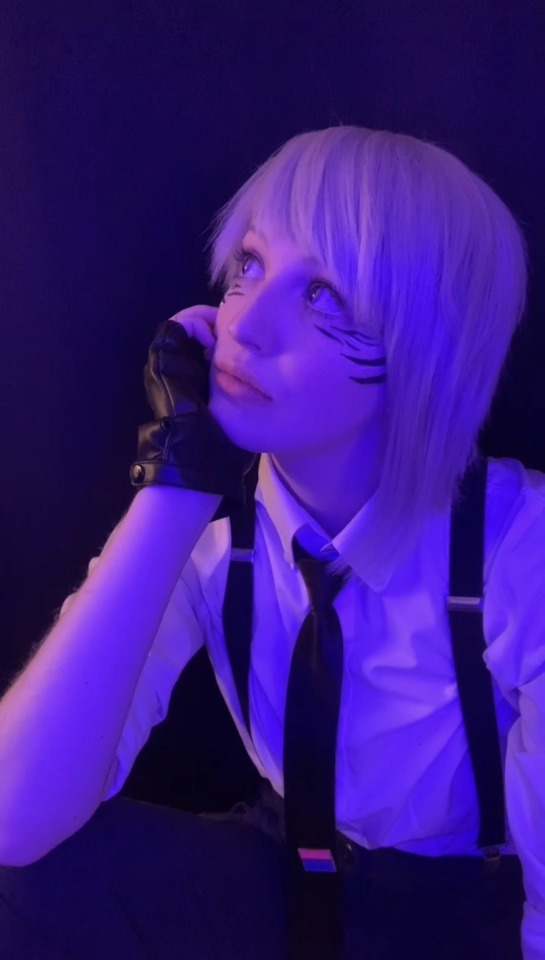
“I am lonely. I feel terribly lonely. I feel as if I were standing alone on a lonely star, staring at the night of the pitch black, cold, empty world. Stars have always made me think of eternity or infinity, so while I cannot avoid looking at the stars, I find it hard to deal with my feelings.”
- Nakajima Atsushi, “On Admiration: Notes by the Monk Wujing” from The Moon over the Mountain and Other Stories
Quote sourced from @bsd-bibliophile
#bungou stray dogs#atsushi cosplay#atsushi#nakajima atsushi#bsd lit#bsd#atsushi nakajima#bsd cosplay#cosplayer#pics of soup
21 notes
·
View notes
Text
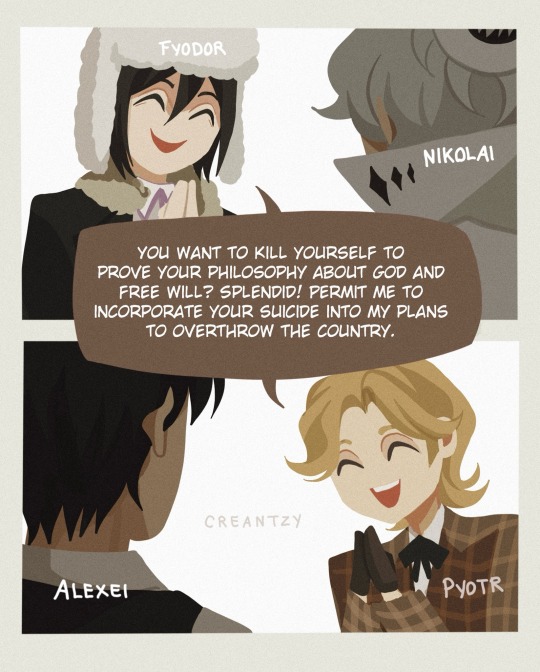
I hate them.
#pyotr stepanovich verkhovensky#pyotr verkhovensky#bungou stray dogs#bungo stray dogs#fyodor dostoevsky#fyodor dostoyevsky bsd#bsd#bsd fyodor#bsd anime#bsd nikolai gogol#nikolai gogol#fyolai#alexey kirillov#alexei nilych kirillov#verkhovensky#demons#Бесы#demons dostoevsky#dostoyevsky#Достоевский#classic lit memes#classic literature#Пётр Верховенский#петр верховенский
4K notes
·
View notes
Text
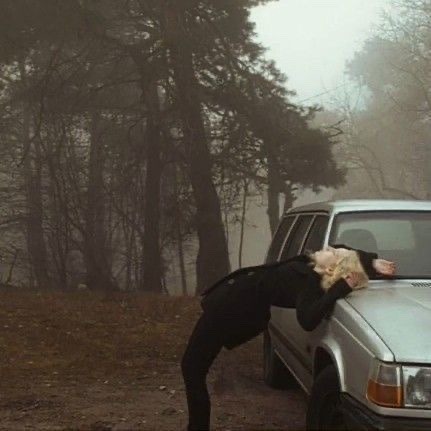

Why is it a sin for me to feel brotherly compassion for your sorrow?...
~Fyodor Dostoevsky, White Nights
#darkacademia#dark academic aesthetic#dark academia moodboard#dark acadamia quotes#bsd fyodor#white nights#english literature#literature#spilled ink#chaotic academia#lit#litblr#quotes#words#spilled words#spilled writing#spilled thoughts#light academia moodboard#light academia aesthetic#light academia#chaotic thoughts#chaotic academic aesthetic#spilled poetry#eclipsed saleena
356 notes
·
View notes
Text
The way I understand Fyodor's Crime and Punishment ability:
-> crime: person kills Fyodor aka commits capital crime against Fyodor
-> punishment: the person is punished by being killed/body-snatched by Fyodor
And Fyodor Dostoevsky goes off into the sunset to be a pesky rat
#lit people going ??? now#bsd#bsd 114.5#bsd chapter 114.5#bsd spoilers#bsd 114.5 spoilers#bsd chapter 114.5 spoilers#bsd fyodor#bungou stray dogs#bungo stray dogs
626 notes
·
View notes
Text
if the relationship isn’t at least a little bit sacreligious what’s the point
#hualian#soukoku#jayvik#fyolai#satosugu#shin soukoku#tgcf#tian guan ci fu#bsd#bungo stray dogs#bungou stray dogs#skk#sskk#jjk#jujutsu kaisen#arcane#malevolent#malevolent audio drama#jarthur#vanoé#vanitas no carte#russian lit memes#russian lit#classical literature
304 notes
·
View notes
Text
Guys guys have you noticed the difference on the way Dracula refers to his bites.
He specifically refers to the ones he wants to give Jonathan as kisses (going as far as blowing him a kiss to communicate that). Kissing is a way of showing love, and giving affection. It sounds sweet — he refers to it as that even when he doesn’t think Jonathan is listening, so he believes it to be ‘kisses’ himself, he isn’t just trying to sugarcoat it for Jonathan.
Then the ones to Mina are just called bites. Or, more a way to quench his thirst. There is no love in it. It sounds brutal and violent. There is no care. He views Mina as below him and simply a way to advance himself. Unlike Jonathan, he sees Mina as ‘(useful) food’.
It shows a difference in the way he sees things. He sees the ones to Jonathan as intimate and out of affection. The ones to Mina are just a way to satiate hunger, and his anger.
It’s an interesting detail I haven’t seen anyone point out.
#dracula#dracula daily#re: dracula#jonathan harker#Mina Harker#Count Dracula#gothic lit#gothic literature#dracula bram stoker#bram stoker dracula#bram stoker’s dracula#bsd#bram stoker#★ bsd﹒talking﹗
69 notes
·
View notes
Text
dazai sending msgs to ango from mersault via heart beat
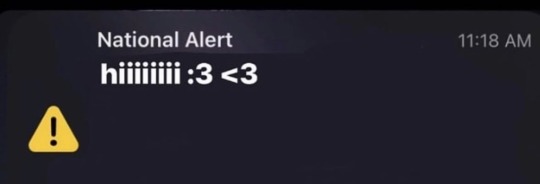
#ango hunched over his desk w his face being lit by his computer screen and hands clutched in his hair: WHAT DOES THIS MEAN.#bsd#bungou stray dogs#dazai osamu#ango sakaguchi#mersaultzai
951 notes
·
View notes
Text
i forget i have this blog, perfect crime trio be upon ye
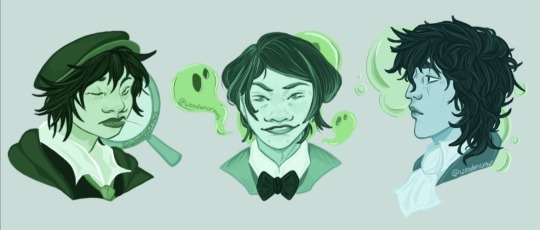
#bsd#bungou stray dogs#bungo stray dogs#edgar allan poe#sorry lit fans </3#poe bsd#edgar allan poe bsd#mushitaro oguri#bsd mushitaro#ranpo edogawa#edogawa ranpo#bsd ranpo#ranpo bsd#perfect crime trio#bsd fanart
148 notes
·
View notes
Text
trying to draw them

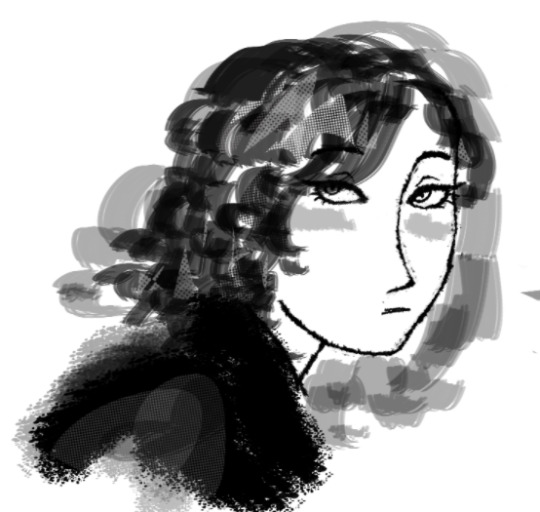
#fanart#art#classic lit#ruslit#the idiot#the idiot dostoevsky#fyodor dostoyevsky bsd#nastasya filippovna#prince myshkin#parfyon rogozhin#myshkin#rogozhin#lev myshkin#russian literature#ignore the random pixels between mysh and rogo ew
139 notes
·
View notes
Text
When your heart is hollow, even sorrow echoes like laughter.
#tumblr memes#haha#humor#meme#memedaddy#funny post#lol memes#funny#dank memes#funny memes#fyodor dostoevsky#demons dostoevsky#the idiot dostoevsky#dostoevsky quotes#rodion romanovich raskolnikov#russian literature#bsd dostoevsky#the brothers karamazov#literary quotes#quotes#excerpts#letters#lit#literature#poems on tumblr#poemsbyme#love poems#poetry#poems and poetry#original poem
29 notes
·
View notes
Text
back by popular demand (3 people are interested :D)
classic lit authors and what abilities I think they should have
(I have a very clear preference for psychological abilities)
-abilities can be based on the plot, themes, or just the title itself. not gonna clarify which it is, but it should be self explanatory enough
Jane Austin -- Pride and Prejudice -- cupid-esque, makes people fall in love.
John Knowles -- A Separate Peace -- reads people's emotions. cannot do anything useful with the info he gets from this.
Charles Dickens -- Great Expectations -- midas-esque, turns what he touches into gold. (I think it would be cool if he could also turn things into liquid gold, which can harden to trap a target. however iirc gold is not very strong so... but also it's magic so anything can happen)
Miguel de Cervantes -- Don Quixote -- tells one lie a day that one listener (intended target) will believe. It wears off the following day. Third parties are not predisposed to believe the lie.
Edith Wharton -- The Age of Innocence -- temporarily removes all ill-intent from a target. ALL includes both intent towards her and towards anyone else.
Ray Bradbury -- Fahrenheit 451 -- literally just fire. classic elemental fire ability.
Willa Cather -- My Antonia -- one way telepathy: can talk directly into people's minds but cannot receive mental messages back. this is entirely because I hated this book so much that I wished it could just be zapped into my brain so I wouldn't have to torture myself by reading it.
George Bernard Shaw -- Pygmalion -- medusa-esque, turns people to stone through eye contact
Homer -- The Odyssey -- basically geoguesser. teleports people into a random location anywhere in the world. cannot choose where he's sending them. (all I'm imagining is him trying to use it in a fight and the person teleports like 2 inches to the left. then punches him.)
Sophocles -- Oedipus Rex -- gives people random personalized prophecies. never makes sense until after it's fulfilled.
Eugene O'Neil -- Long Day's Journey into Night -- I'd like to imagine this guy's got that 'illness personified' aesthetic. the ability should be something to do with disease and decay. but I care more about the visual portrayal of the character as something physically rotting. (visually distinct character design my beloved <3)
Baroness Emma Orczy -- The Scarlet Pimpernel -- shapeshifter. I've posted about her on my main too,, I really think bsd could use a shapeshifter. That's a much more grounded sort of chaos that could lead to higher stakes situations without this whole "world ending vampires whatever fyodor's got going on."
-in all seriousness I think if Asagiri would make use of more psychological abilities or psychological threats he could have as many high stakes stories as he wants without power scaling/power creep. but that would involve writing actual mysteries in the detective story. so.-
-I'm so sorry asagiri :( -
Franz Kafka -- The Metamorphosis -- turns into a bug. same way Natsume turns into a cat.
Alexandre Dumas -- The Count of Monte Cristo -- deflects attacks. Any attack that hits him inflicts that damage onto the attacker instead.
Lewis Carroll -- Alice in Wonderland -- shrinks and grows things (including himself).
William Golding -- Lord of the Flies -- causes conflict among groups. I'd like to think the mechanics of it could be interesting-- like it shows him different dialogue options [video game style!], indicating which line would cause the most conflict.
There would often be no context for why that line would cause conflict, and he has no way of knowing if the conflict will be directed at him, or just within the group as a whole. He can choose a more harmless option, or he could risk it on the big conflict option in an attempt to eliminate enemies.
George Orwell -- 1984 -- spies on set target, like a camera trained on one person. can only spy on one person at a time.
Harper Lee -- To Kill a Mockingbird -- frames a target for a crime. the reverse of Mushitaro's-- generates fake evidence for a crimes instead of removing real evidence.
Oscar Wild -- The Picture of Dorian Gray -- essentially immortality so long as one designated item doesn't get destroyed.
Niccolò Machiavelli -- The Prince -- influences targets. not strong enough to truly be considered mind control, but fairly strong persuasion. see my The Prince post where I explain so much in the tags.
Antoine de Saint-Exupéry -- The Little Prince -- allows him to understand people. thoroughly. please please go see my the prince/the little prince post, I explain so much in the tags. I have so many thoughts about these two.
Robert Louis Stevenson -- Strange Case of Dr Jekyll and Mr Hyde -- compels people to act on their temptations and impulses. cannot convince people to do things they would have no desire to do otherwise.
Victor Hugo -- Les Miserables -- I think it would be very funny if it just made them unrecognizable to law enforcement. not shapeshifting, just all cops cannot recognize this guy's face. (they could recognize his muscles though, as per lore accurate les mis.)
William Shakespeare -- To Be or Not To Be (I am not naming this Hamlet. strictly for vibes.) -- gives people existential crises. If they have existential crises regularly already, it doesn't do anything.
I'd like to imagine he'd use it on a character who usually comes across as relatively well adjusted and. nothing happens. Like if atsushi/kunikida/chuuya were to be targeted they'd just be like "yeah idk nothing happened... sorry man. better luck next time."
Issac Asimov -- The Feeling of Power -- ability allows him to do any math- no matter how difficult or complex- without a calculator. I'd like to think he's insist that he doesn't have an ability, he's just really good at math. basically the opposite of ranpo.
Reginald Rose -- Twelve Angry Men -- the antithesis to Harper Lee, finds evidence proving anyone innocent. or at least can prove plausible deniability.
Arthur Conan Doyle -- Sherlock Holmes -- understand in full what anyone's ability is, and what its limits, strengths and weaknesses are.
we don't have enough ability-related abilities in bsd. too much offense and defense, not enough middle ground stuff.
Tennessee Williams -- The Glass Menagerie -- turns people into 'glass', or drastically decreases their durability. doesn't harm the target in and of itself, but the target needs to leave any combat because now they can be killed in one hit.
Arthur Miller -- Death of a Salesman -- communicates with the dead. We're gonna need something like this if Asagiri keeps killing off characters at the rate he's currently going.
#ngl I wanted to do more but I didn't want to force myself to list every author I could think of#with no decent ideas of abilities for them to have#anyone wanna give abilities to hans christian anderson and the grimm brothers?#because there's definitely a lot of material to work with#anyway not gonna tag any of these authors or works because I know classic lit tumblr doesn't want this in their tags#I certainly don't#pleaseeeee give this attention#y'all asked for this and I delivered#bsd#bungo stray dogs#bungou stray dogs#kafka asagiri#an absolute unreasonable amount of effort went into this
51 notes
·
View notes
Text
I can’t believe I only just now noticed this.
But when Francis is using his ability, which is named after the irl Fitzgerald’s novel The Great Gatsby, he glows GREEN.
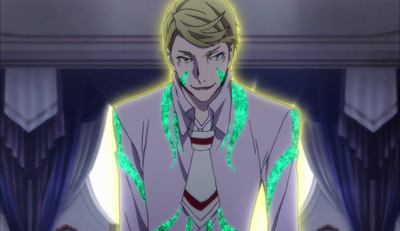
The GREEN LIGHT was a central narrative tool used throughout The Great Gatsby novel. It was a huge deal to Gatsby, and was a consistent metaphor for his love for his romance interest, Daisy.
Fitzgerald, whose character in BSD is meant to directly mimic Gatsby, has a wife and child he would commit atrocities for. He believes what Gatsby believes: that only through money and power can he can live happily with the people he loves.
He embodies the Green Light and everything it stands for when he activates his ability, and that’s so fucking cool to me.
#bungou stray dogs#bsd#francis scott fitzgerald#francis fitzgerald#francis scott key fitzgerald#the green light#the great gatsby#the great fitzgerald#bsd season 2#green is also the color of american money. but this SHADE of green?? the way it’s lit up like that???#I CAN SEE THE GREEN LIGHT#I CAN SEE IT IN YOUR EYES#i may or may not have figured this out while listening to ‘over the love’ by florence + the machine on the great gatsby soundtrack#bsd meta#neo queen serenity’s posts#bungo stray dogs#bungou gay dogs#f scott fitzgerald#f. scott fitzgerald
296 notes
·
View notes
Text
okay let’s talk about this.
lately, i’ve been seeing a lot of posts across various platforms talking down on people who picked up a book because of the characters in the anime Bungou Stray Dogs. whether it’s No Longer Human by Dazai Osamu or Crime and Punishment by Fyodor Dostoevsky, does it really matter why they decided to pick up the book??
i think as readers, we should be happy that they found a reason to get interested in these authors that they most likely wouldn’t have gotten interested in their own. we should be encouraging the fact they’re excited to read, not admonishing them for their reason for doing so.
as a reader who personally picked up No Longer Human because of Dazai’s character in Bungou Stray Dogs, i’m so glad that the show got me interested in his writing because i get to discover an author that i’m coming to genuinely enjoy that i wouldn’t have found on my own otherwise. No Longer Human was a novel i thoroughly enjoyed and has become one of my top 5 books. and i’m finding myself enjoying The Setting Sun just as much!
i never would have ordered books by Dostoevsky or Ryuunosuke Akutagawa without finding BSD and i, for one, can say i’m genuinely excited to read them.
moral of the story, don’t shit on people for their reasonings behind reading and instead be happy that they are reading.
#bookish#booklr#book blog#books and reading#bookworm#reading#bungou stray dogs#bsd dazai#bsd#bsd dostoevsky#bsd akutagawa#fyodor dostoevsky#akutagawa ryuunosuke#osamu dazai#the setting sun#no longer human#anime#classic lit#japanese literature#classic literature
93 notes
·
View notes
Text


Incorrect vs correct way of thinking /j
Referencing this post of mine
#dracula#dracula book#dracula novel#dracula daily#re: Dracula#dracula bram stoker#bram stoker dracula#bram stoker’s dracula#bsd#bram stoker#dracula jonathan#jonathan dracula#dracula jonathan harker#jonathan harker dracula#jonathan harker#count dracula#dracula x jonathan harker#jonathan harker x dracula#harkula#darker#coffin rose#artists on tumblr#gothic literature#gothic lit#gothic lit art#! my art ✦ — 📼#🔦﹒2025 ART PIECE
37 notes
·
View notes
Text
everyone shut the fuck up for a second I need a moment

oh my fucking god. im gonna explode look at them
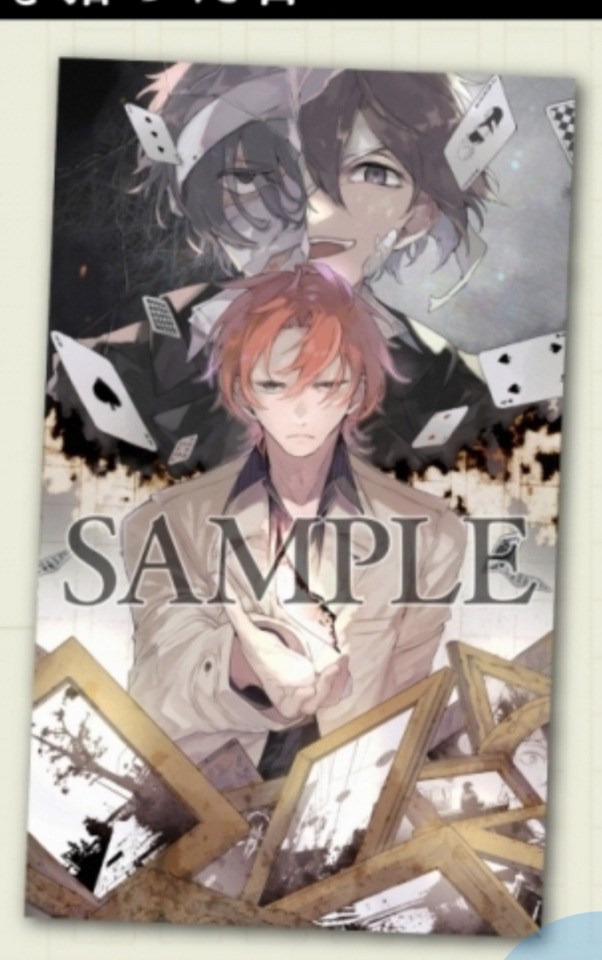
#the very last thing I expected to see tonight good fucking lord how am I supposed to sleep after this#another oda cover I lit win#bsd#bungou stray dogs#dazai osamu#oda sakunosuke#the day i picked up dazai#bsd light novel
318 notes
·
View notes
Text
"Who has made me a judge to decide who is to live and who is not to live?"
"Crime and Punishment", Fyodor Dostoevsky (translated by Constance Garnett)
#tired of life#im really tired#letters#poets on tumblr#typography#poetry#literature#poetry literature#quotations#quoteoftheday#little space#spilled ink#spilled words#spilled thoughts#spilled poetry#literary quotes#lit#fyodor dostoevsky#fyodor dostoyevsky bsd#crime and punishment#spilled writing#writers on tumblr#writers#writing#writeblr#writers and poets#writerscommunity
29 notes
·
View notes